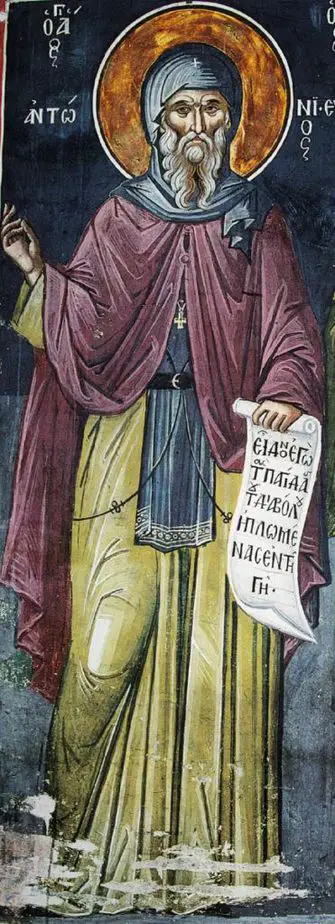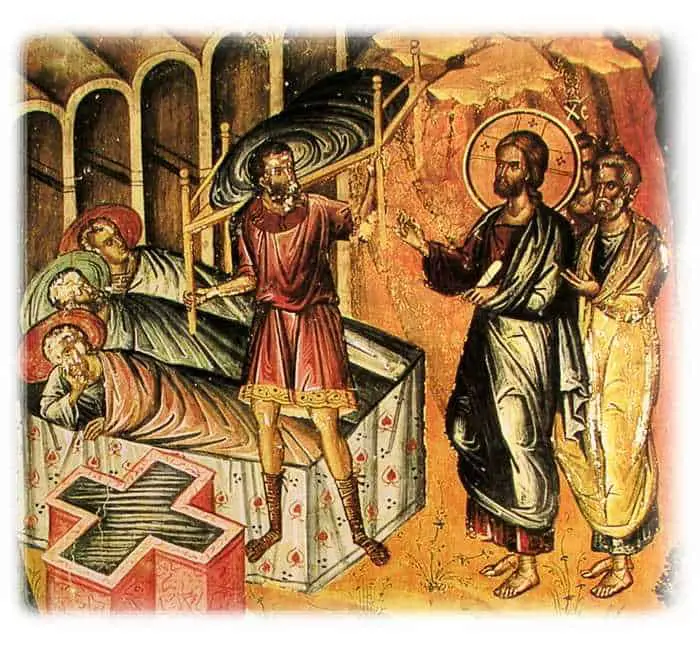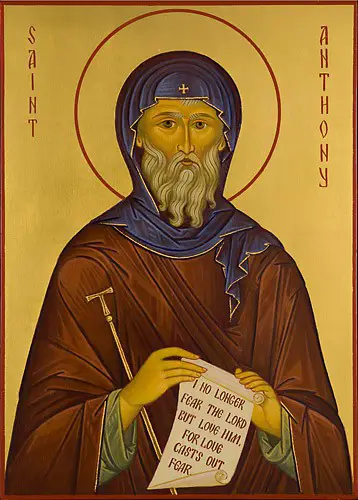St. Anthony the Great: The truly intelligent man pursues one sole objective: to obey and to conform to the God of all. With this single aim in view . . .

“The truly intelligent man pursues one sole objective: to obey and to conform to the God of all. With this single aim in view, he disciplines his soul, and whatever he may encounter in the course of his life, he gives thanks to God for the compass and depth of His providential ordering of all things. For it is absurd to be grateful to doctors who give us bitter and unpleasant medicines to cure our bodies, and yet to be ungrateful to God for what appears to us to be harsh, not grasping that all we encounter is for our benefit and in accordance with His providence. For knowledge of God and faith in Him is the salvation and perfection of the soul.”
+ St. Anthony the Great, “On the Character of Men and on the Virtuous Life: One Hundred and Seventy Texts,” Text 2, The Philokalia: The Complete Text (Vol. 1)


